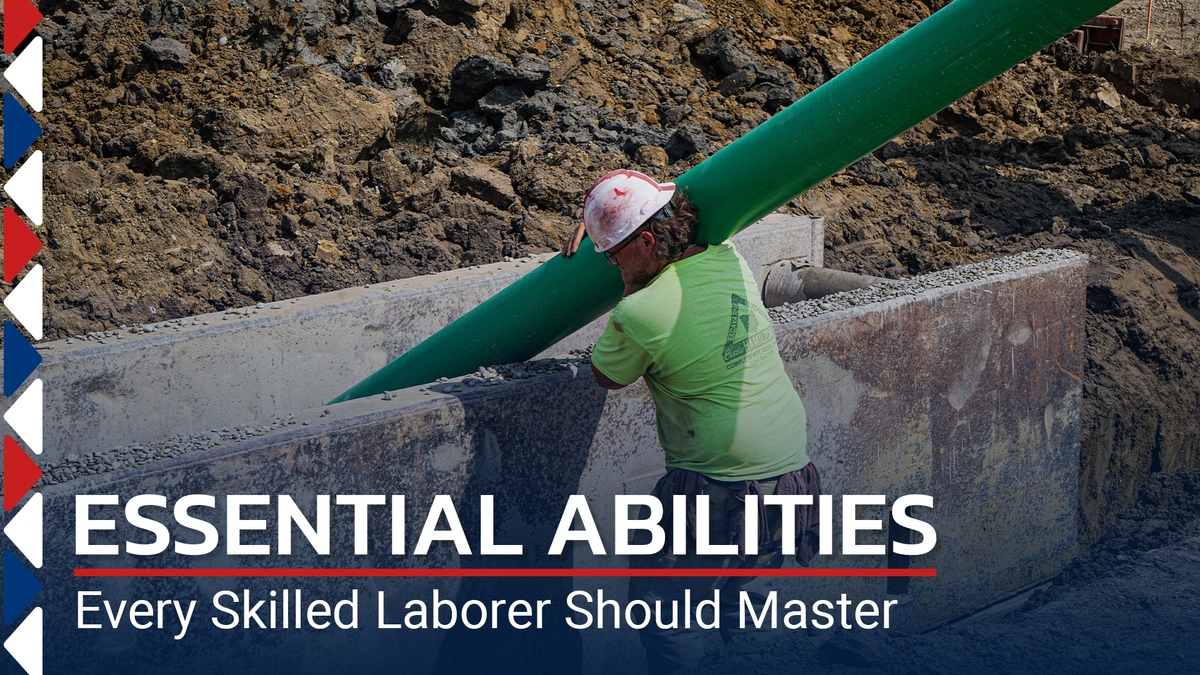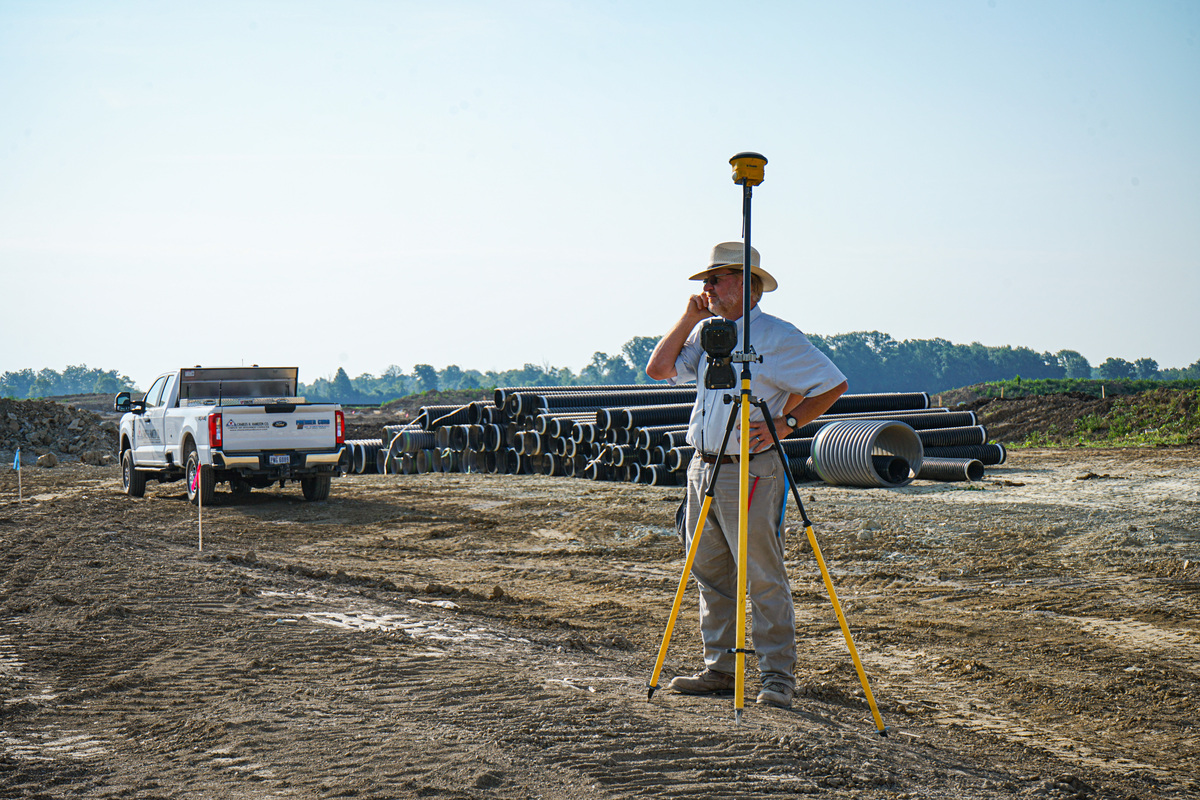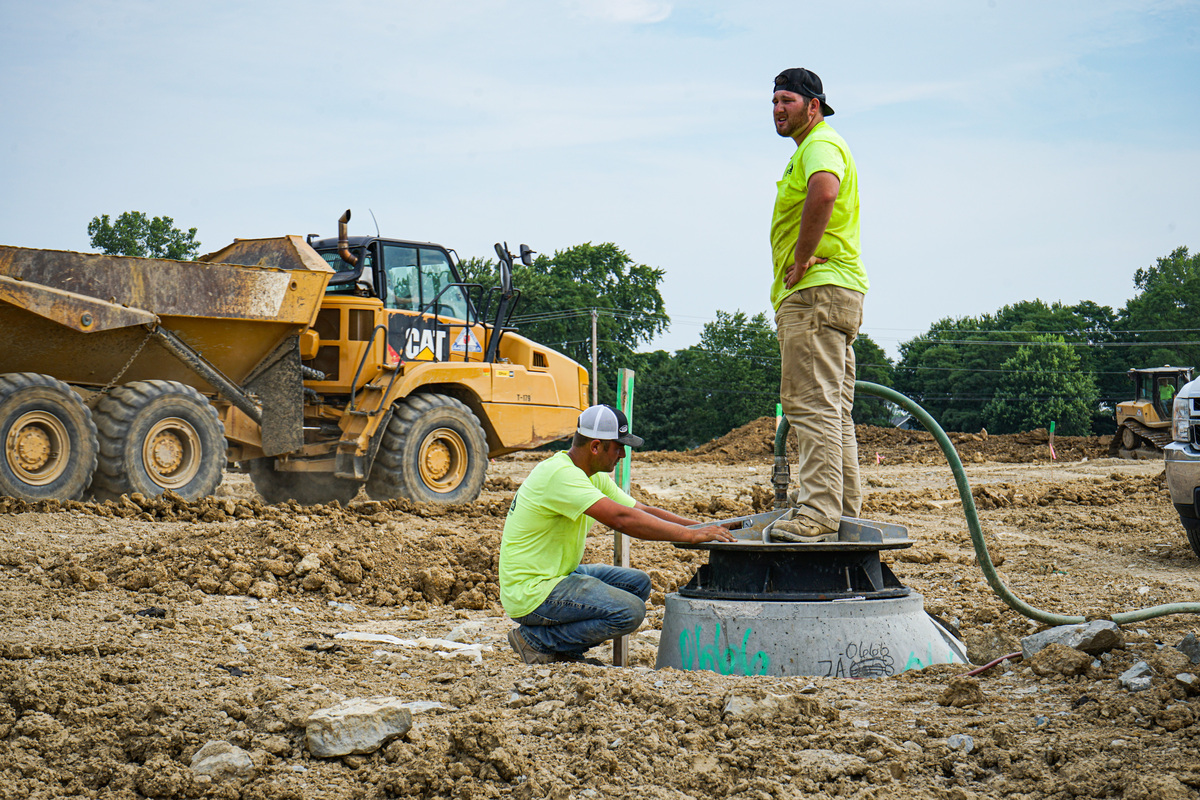Essential Abilities Every Skilled Laborer Should Master

Skilled laborers aren't like other construction workers. They possess specialized skill sets that take years of practice to master. These workers, like electricians, welders, masons, and other tradespeople tackle roles that general workers cannot.
However, when skilled laborers want to advance in their careers there are certain supplemental skills and abilities they should practice to move up the chain of command. Some of these skills are related directly to the job and others are more involved with working as a team and adapting to new environments.
In this post, we will take a close look at a few essential abilities that skilled laborers should master to help them stand out from the crowd and take their careers to the next level. We will discuss improving problem-solving skills, communication, time management skills, safety practices, and teamwork. Keep reading to discover more!

Forging a Career as a Skilled Laborer in Construction
Forging a career as a skilled laborer in construction is both rewarding and essential in today’s economy. Skilled laborers hold the keys to craftsmanship on site, ensuring that projects are completed to high standards. While various positions exist—from carpentry to plumbing—there are core skills every skilled laborer should master.
But skilled laborers can't just be masters of their craft, they also need to master some additional skills to excel in their field.
Problem-Solving
On a construction site, effective problem-solving is crucial for maintaining progress and ensuring safety. When encountering issues such as unexpected material shortages, weather challenges, or equipment malfunctions, swift assessment is key.
Communication
Effective communication is essential on a construction site to ensure safety, efficiency, and collaboration among all team members. Clear verbal communication facilitates the accurate exchange of information, allowing workers to understand their tasks and responsibilities. Regular briefings and open dialogue among colleagues, supervisors, and clients help prevent misunderstandings and keep everyone aligned on project goals.
Written communication also plays a pivotal role. Well-documented plans, work orders, and safety protocols provide a reference that enhances accountability and helps avoid errors. Utilizing clear, concise language in emails, reports, and signage solidifies understanding and reinforces safety measures.
Encouraging feedback is another vital component of effective communication. By fostering an environment where team members feel comfortable voicing concerns or suggestions, we promote problem-solving and innovation. Ultimately, prioritizing both verbal and written communication helps build a positive culture on the construction site, leading to successful project outcomes and satisfied clients.
Time Management
Effective time management is essential for meeting deadlines and completing tasks efficiently on-site. Here are some tips you can use:
Create a Detailed Schedule
Create a daily or weekly schedule, allocating specific time blocks for each task. Use tools like planners or digital calendars to stay organized and set reminders for important deadlines. Break larger projects into smaller, manageable tasks to avoid overwhelm and maintain motivation.
Eliminate Distractions on Site
Eliminate distractions in the workplace by setting timely goals and breaking up large tasks into smaller pieces. You can even work in pre-planned break times if you are prone to distraction. Work on focusing on the task at hand and complete each step of your process without interruption.
Develop a Self-Review Method
Lastly, regularly review your progress and adjust your plans as needed. Flexibility is key to effective time management, allowing you to adapt to unexpected challenges while keeping your goals in sight. By implementing these strategies, you can optimize your time, reduce stress, and achieve your objectives more effectively.
Safety Practices
Safety practices on a construction site are crucial for protecting workers and ensuring a secure environment. A strict adherence to safety standards will boost your reputation and ensure that you and your teammates are always safe on site.
PPE
First and foremost, all personnel must undergo safety training that includes hazard recognition, emergency procedures, and the proper use of personal protective equipment (PPE) such as hard hats, gloves, goggles, and high-visibility vests.
Pre-Work Assessment
Before any work begins, a thorough site assessment should identify potential hazards, including falling objects, electrical risks, and equipment safety. Regular safety meetings will reinforce safe practices and encourage open communication regarding safety concerns among workers.
First Aid and Fire Extinguishers
First aid kits and fire extinguishers should be easily accessible, and workers should be familiar with their locations. Finally, establishing a clear protocol for reporting accidents or near-misses helps to create a culture of safety, ensuring that lessons learned can improve practices continually. Prioritizing safety not only protects individual workers but also enhances overall productivity on the construction site.

Teamwork
Teamwork is essential on construction sites, where projects often involve complex tasks requiring collaboration among various skilled laborers. Effective teamwork ensures that projects are completed safely, on time, and within budget, as each member must communicate clearly, coordinate efforts, and trust one another’s expertise.
Skilled laborers can enhance their teamwork skills through several strategies. First, they should prioritize open communication and sharing updates and concerns in a timely manner to prevent misunderstandings. Regular team meetings can foster a collaborative environment, allowing for problem-solving and idea-sharing. Additionally, participating in team-building activities can strengthen relationships, leading to improved morale and productivity.
Moreover, laborers should practice active listening, and valuing input from colleagues to create a culture of respect. Understanding each team member's strengths and roles is crucial; this knowledge enables workers to delegate tasks effectively and rely on one another's expertise. Lastly, embracing flexibility and adaptability will help teams navigate unexpected challenges, ensuring a cohesive and efficient workflow on the construction site. By focusing on these areas, skilled laborers can significantly improve their teamwork abilities, leading to successful project outcomes.
Advancing as a Skilled Laborer at the Charles H. Hamilton Company
Skilled laborers are some of the most valuable professionals on a construction site. They have an advanced skill set of specified abilities that focus on one system that is necessary for a project's completion. From plumbers to welders, skilled workers will always have opportunities for growth.
In addition to their job-relevant skill set, skilled workers must develop secondary skills like teamwork and time management to stand out from the crowd and excel in their careers.
If you are a skilled laborer looking for a Cincinnati and Dayton construction company with opportunities for advancement, then the Charles H. Hamilton Company is the perfect fit for you. We currently have numerous openings for skilled laborers and are looking for proactive workers to join our team.

